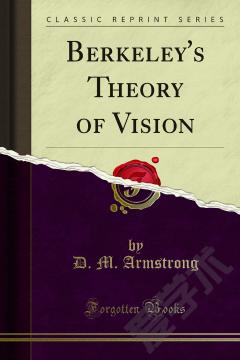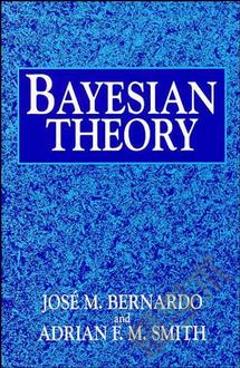Berkeley's Theory of Vision
This essay is a critical examination of Berkeley's Essay towards a New Theory of Vision. In section 2 Berkeley says that 'distance, of itself and immediately, cannot be seen', and this premiss is the basis of his conclusions. The most important of these are, firstly, that whatever is immediately seen has no existence outside the mind; and, secondly, that visible and tangible objects have no manner of spatial connection. The contributions to the psychology of vision, which the Essay also contains, are subsidiary to these two main themes. However, it will be argued that the first conclusion does not follow validly from Berkeley's premiss, and hence that the Essay really does nothing to support Berkeleyan Immaterialism. This means that, whatever Berkeley's confusions on the matter, we ought to abandon the tradition of interpretation that sees the Essay as a half-way house to the Principles of Human Knowledge.
{{comment.content}}








 京公网安备 11010802027623号
京公网安备 11010802027623号